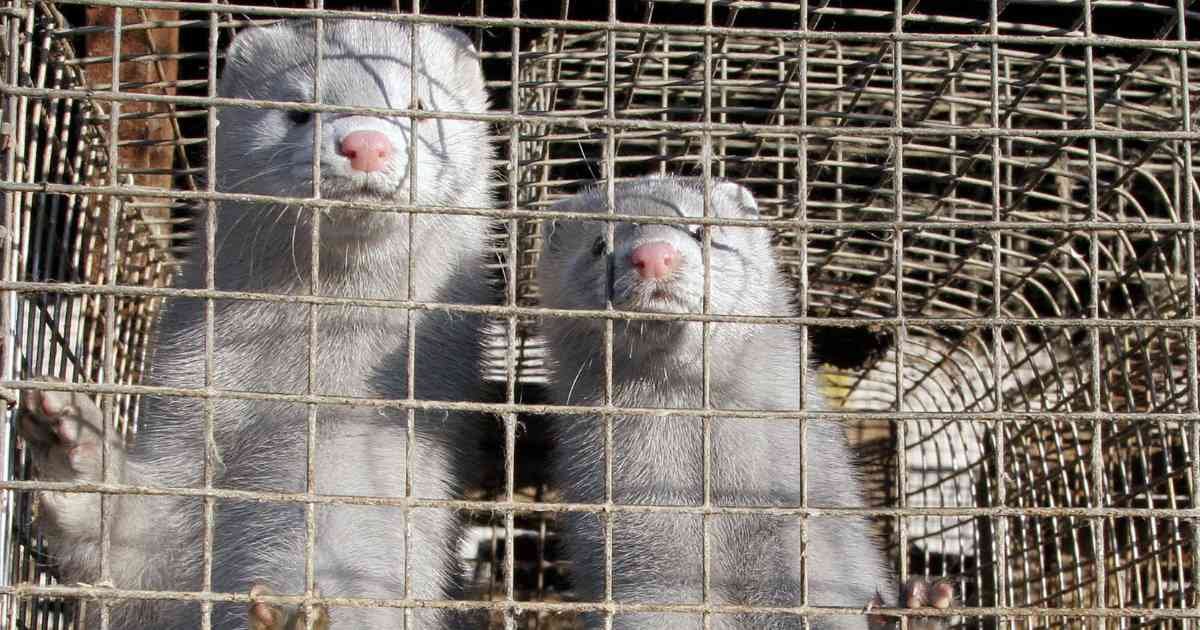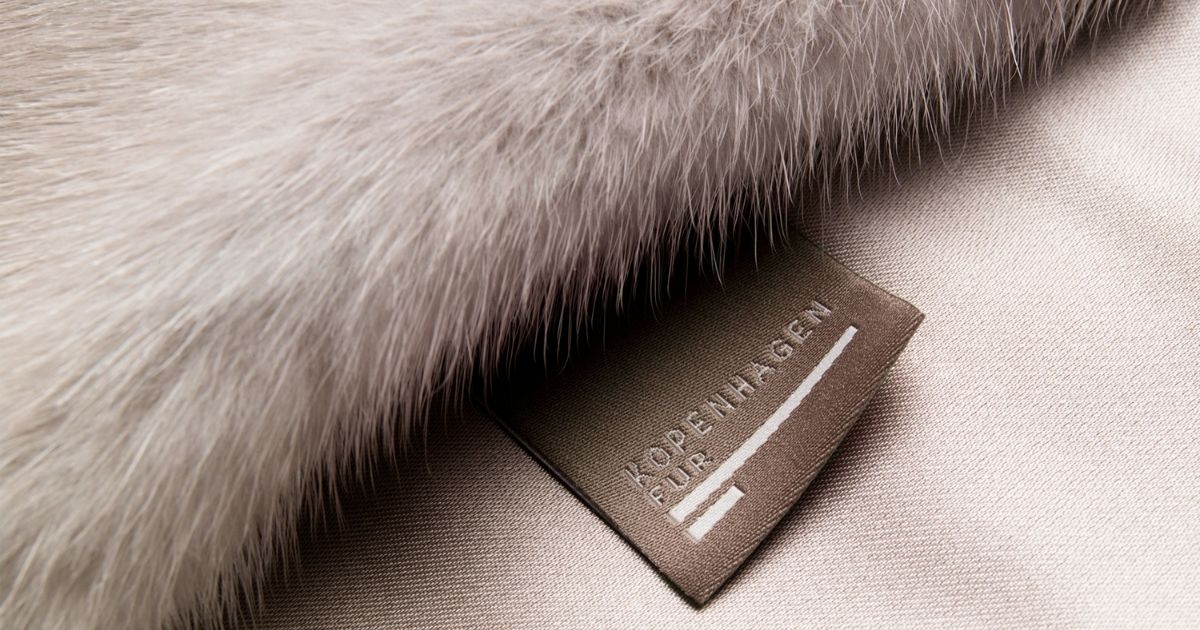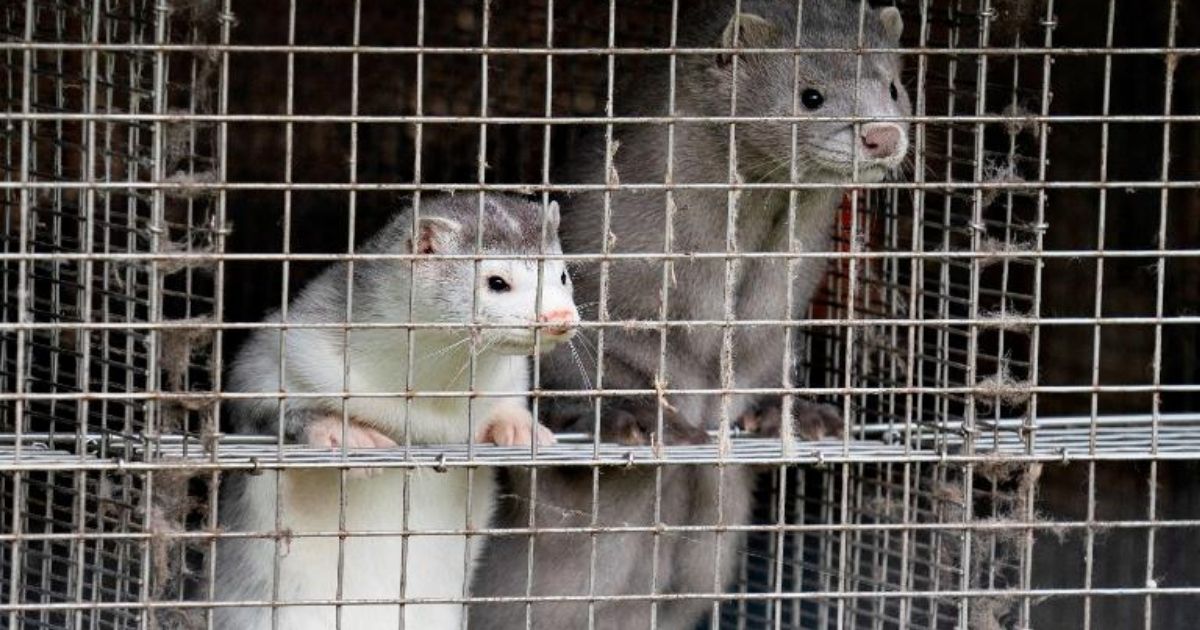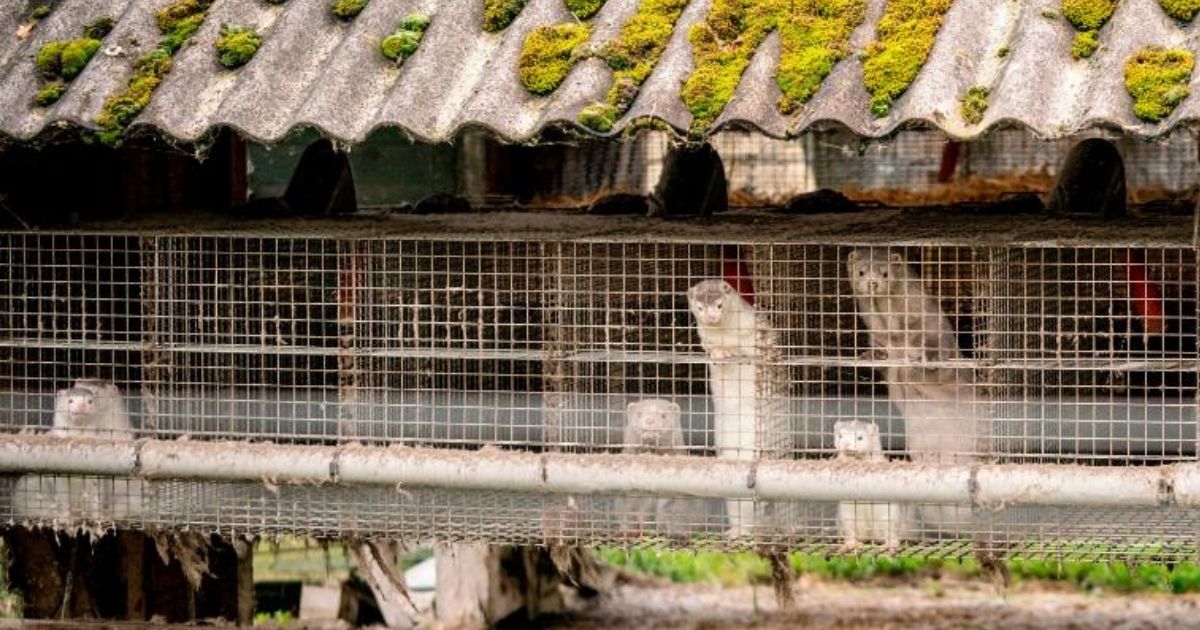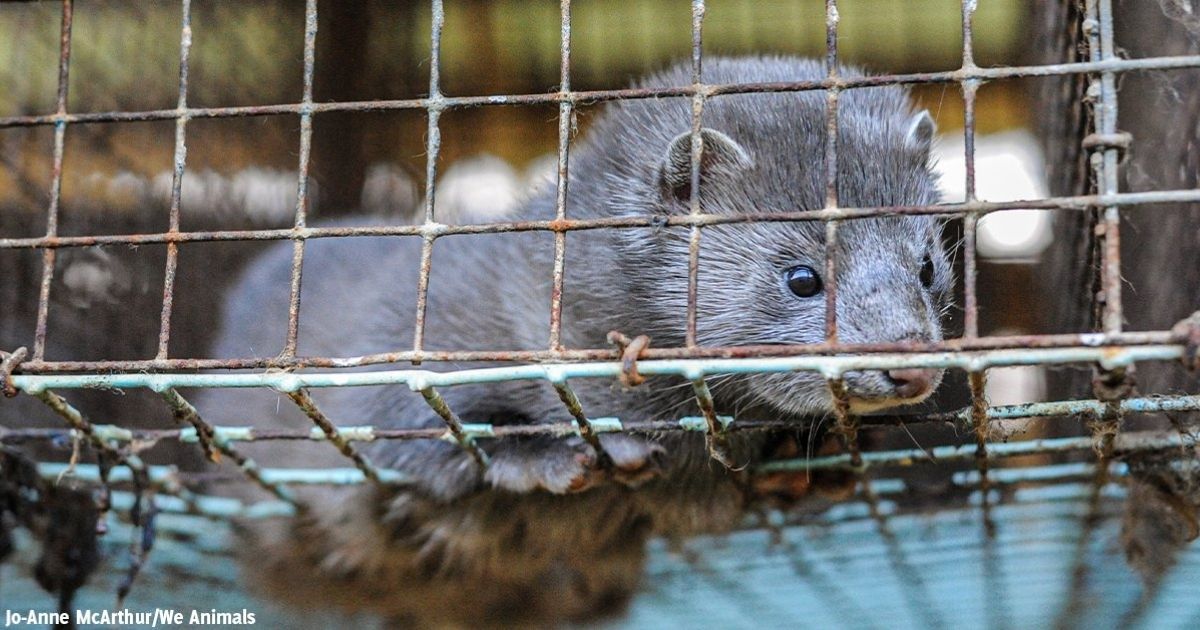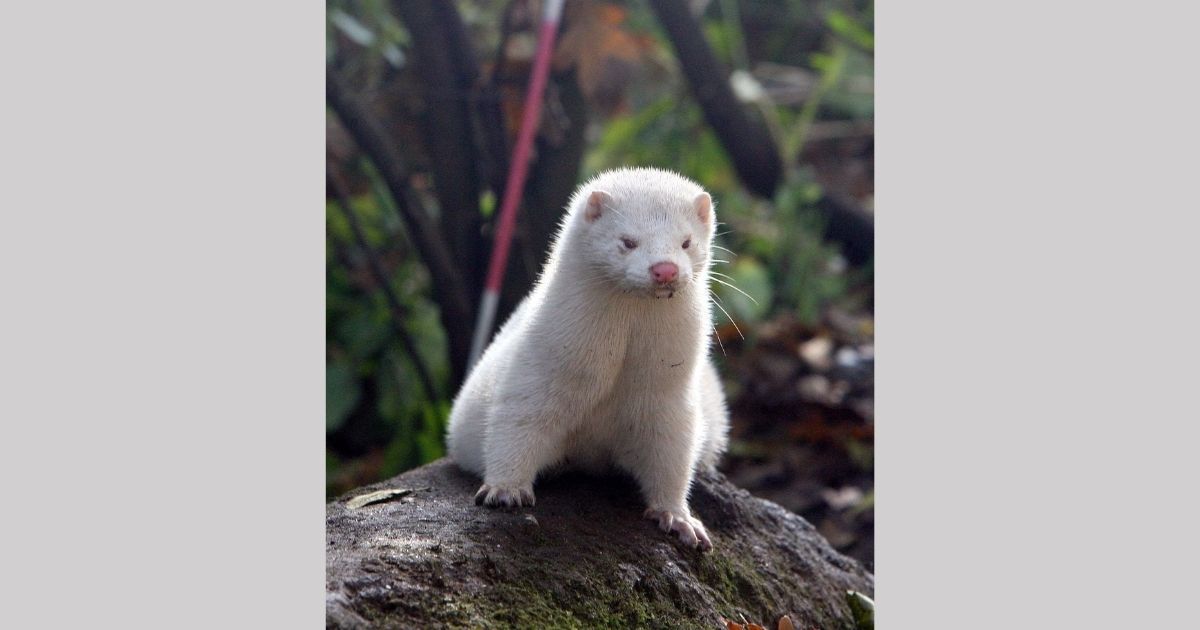Kopenhagen Fur, the world’s largest fur auction house, is set to shut down for good after a huge drop in demand.
It is a cooperative company owned by 1,500 Danish fur farmers and founded in Denmark in 1930.
The long-running business acts as a broker for fur pelts produced in Denmark and globally, including fox, chinchilla, and karakul, and brokered the sale of 24.8 million mink skins between 2018 and 2019.
The drop in demand was due to the increased awareness about animal cruelty and the development of more sustainable fashion. It left unsold stockpiles at fur auctions and later on lead to a steep drop in pelt prices.
This week, Kopenhagen Fur announced plans to close its doors within the next three years after final fur auctions in 2021, 2022, and possibly 2023.
The decision comes after the Danish government’s decision to cull millions of mink on its 1,000 mink fur farms due to rising coronavirus infections among the animals.
Officials expressed concerns that a mutation in the virus that has infected the mink could possibly interfere with the effectiveness of a vaccine for humans.
On Friday, PETA President Ingrid Newkirk expressed her delight about the closure of Kopenhagen Fur in a statement.
“Virtual champagne corks are popping at PETA and all its affiliates over the news of the demise of Kopenhagen Fur, a business built on the suffering of caged animals denied a life and then killed for their fur.”
“Since the public and almost every designer around the globe now shuns fur, it’s not surprising that two of the world’s biggest fur companies—in Canada and Denmark—have collapsed. Fur is well and truly dead,” the statement reads.
Humane Society International said the decision to close Kopenhagen Fur ‘could signal the beginning of the end for the global fur trade.’
Dr. Joanna Swabe, senior director of public affairs for Humane Society International/Europe, commented:
“Fur farms are not only the cause of immense and unnecessary animal suffering, but they are also ticking time bombs for deadly diseases, potential virus factories capable of churning out mutations of COVID-19 and even undermining medical progress towards reliable treatments,” she said.
Dr. Swabe noted a ‘significant drop in pelt prices’ which have sent the fur industry ‘into a global downward spiral’.
She believes there will be more decrease in the ‘demand for frivolous fur’ as coronavirus affects factory fur farms globally and forces governments to shut down operations.


